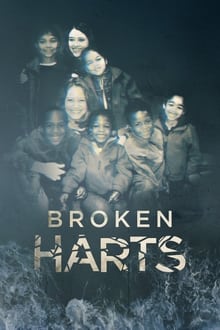
This two-hour film will examine the tragic lives and deaths of the mysterious Hart family, exploring the void between their idyllic online persona and the heart breaking reality in which their children lived – calling into question a system that critically failed to protect six innocent children.
You May Also Like
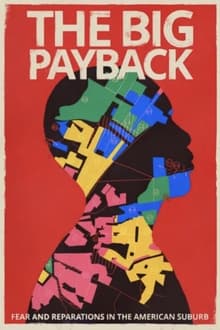
Funded by a tax on cannabis, Evanston, IL, earmarked $10 million to compensate descendants of enslaved Africans for 400 years of unpaid labor. Alderwoman Simmons leads her constituents through this historic campaign for reparations for the Black c…

In the eyes of a foreigner practically any street of Mexico City’s Centro Histórico holds potential for a film. Life on the street deserves more than just the natural condition of observer anyone could have, it demands an extra attention. In a 100-meter radius, the sociological exuberance of the events going on is simply impossible to ignore. The street is a mise en scène in itself.
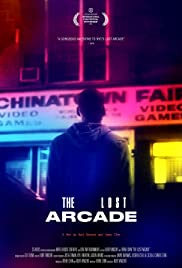
Chinatown Fair opened as a penny arcade on Mott Street in 1944. Over the decades, the dimly lit gathering place, known for its tic-tac-toe playing chicken, became an institution, surviving turf wars between rival gangs, changing tastes and the explosive growth of home gaming systems like Xbox and Playstation that shuttered most other arcades in the city. But as the neighborhood gentrified, this haven for a diverse, unlikely community faced its strongest challenge, inspiring its biggest devotees to next-level greatness.

A heartwarming comedy about six piano players striving to win the World Championship of Old-Time Piano (mostly ragtime). With brilliant showmanship and skill these competitors vie for the glow of victory, for escape from the trials of their everyday lives, and for the revival of the first distinctly American popular music.

The revolutionary 1968 Mexico City Olympics: new politics, with Smith and Carlos’ raised black fists, new techniques, and new technology.
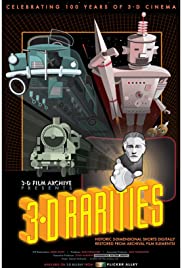
Selections include Kelley’s Plasticon Pictures, the earliest extant 3-D demonstration film from 1922 with incredible footage of Washington and New York City; New Dimensions, the first domestic full color 3-D film originally shown at the World’s Fair in 1940; Thrills for You, a promotional film for the Pennsylvania Railroad; Stardust in Your Eyes, a hilarious standup routine by Slick Slavin; trailer for The Maze, with fantastic production design by William Cameron Menzies; Doom Town, a controversial anti-atomic testing film mysteriously pulled from release; puppet cartoon The Adventures of Sam Space, presented in widescreen; I’ll Sell My Shirt, a burlesque comedy unseen in 3-D for over 60 years; Boo Moon, an excellent example of color stereoscopic animation…and more!

From the beginning, LA punk band the Circle Jerks were rooted in controversy. Formed by ex members of Black Flag and Red Cross (now Redd Kross) in late 1979, the band came to encapsulate the image, sound and energy of California Hardcore Punk. Filmmaker David Markey (1991: The Year Punk Broke, The Slog Movie) mixes in-depth interviews, rare live footage and historical perspective to illustrate the story of one of the most influential bands in the American underground. My Career as a Jerk follows the band from their early days and classic debut to navigating the independent label and touring scene of the 80s to the addictions, fights and injuries that forced their break up. Of course the story doesn’t quite end there.

Filmmaker Werner Herzog combs through the film archives of volcanologists Katia and Maurice Krafft to create a film that celebrates their legacy.
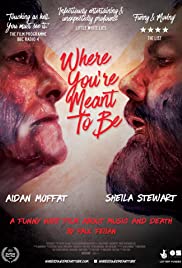
When a Scottish indie pop artist decides to re-write his country’s oldest songs, the only thing standing in his way is an ageing folk singer and centuries of history.

A 19-year-old high school graduate travels through Australia as a backpacker and accompanies his adventure with a camera.

Sir David Attenborough chooses his favourite recordings from the natural world that have revolutionised our understanding of song. Each one – from the song of the largest lemur to the song of the humpback whale to the song of the lyrebird – was recorded in his lifetime. When Sir David was born, the science of song had already been transformed by Charles Darwin’s theory of sexual selection: singing is dangerous as it reveals the singer’s location to predators, but it also offers the male a huge reward, the chance to attract a female and pass on genes to the next generation. Hence males sing and females don’t.

From Africaandapos;s Serengeti to Californiaandapos;s grasslands, some of natureandapos;s most dramatic moments are caught, examined and andquot;fracturedandquot; into their unique parts.